Henry and Alexandra attended a transition visit, bringing with them a mix of excitement and nervous anticipation as they stepped into their future classroom.
From 8.45 - 915a.m., the teacher focuses on welcoming these future students, providing calm, consistent support while the rest of the class engages in discovery-based learning.
During this time, transitioning students are gently introduced to the routines that shape a typical school day.
The morning began with a familiarisation activity using the "I am at school today" board. Henry was guided to find his name tag - a small but significant step toward recognising his place in the class.
After briefly selecting another name starting with "H," he located his own and proudly marked his arrival. Alexandra followed with confidence, completing the same routine.
Following this, the new arrivals practiced unpacking their school bags, placing lunchboxes and drink bottles on the appropriate shelf. This simple action helps build independence and supports the establishment of consistent daily habits.
To foster a sense of inclusion, the students then selected a coloured spot for mat time. This choice became a spontaneous literacy moment as the teacher prompted them to think about the starting letters of their names.
With support, they located their names, which were written and placed alongside those of their peers, symbolising that they, too, are part of the learning community.
Engaging with families is also a key focus during transition visits. Questions around school supplies, uniforms, and routines are common. One parent asked, “Should I bring his stationery on day one?” The teacher suggested bringing it to the next visit, ensuring everything can be labelled and ready ahead of time. This practical conversation naturally led into an introduction to the home-school reading system, reinforcing the importance of establishing reading routines early on. Henry, like all new students, was encouraged to read with family each evening.
Meanwhile, the rest of the class was fully immersed in discovery learning. A group of students, including Vera, Maddie, and Nathaniel, were constructing an impressively tall block tower.
When asked about their creation, Vera commented that it was “almost higher than me,” while Nathaniel excitedly declared, “It might go all the way to the moon!” Their imaginative play provided rich opportunities for exploring early concepts of balance and structure. When prompted to consider what might happen if the tower was built on only one side, Maddie observed that “it will fall,” with Nathaniel adding, “because it’s not balancing” - a moment of authentic problem-solving and scientific reasoning.
As the morning progressed, the familiar sound of the shaker signalled pack-up time. This prompted students to tidy up and gather on their designated mat spots, reinforcing predictable routines and expectations.
During mat time, transitioning students took part in further classroom rituals, including updating the date, checking the visual timetable, and identifying the day’s weather.
Henry was buddied up with Nathaniel, who guided him to look outside and help change the weather display - an opportunity for social learning and peer connection.
The session concluded with the energising POWER dance, a daily routine that sets a positive tone for the day and reinforces the school’s values of Pride, Opportunity, Whanau. Excellence, and Respect.
Why Transition Visits Matter
Transition visits offer children repeated, low-pressure opportunities to build familiarity with the school setting, connect with peers, and develop relationships with teaching staff. Through structured routines, responsive teaching, and gentle encouragement, children begin their journey into primary school with a sense of confidence, capability, and belonging.
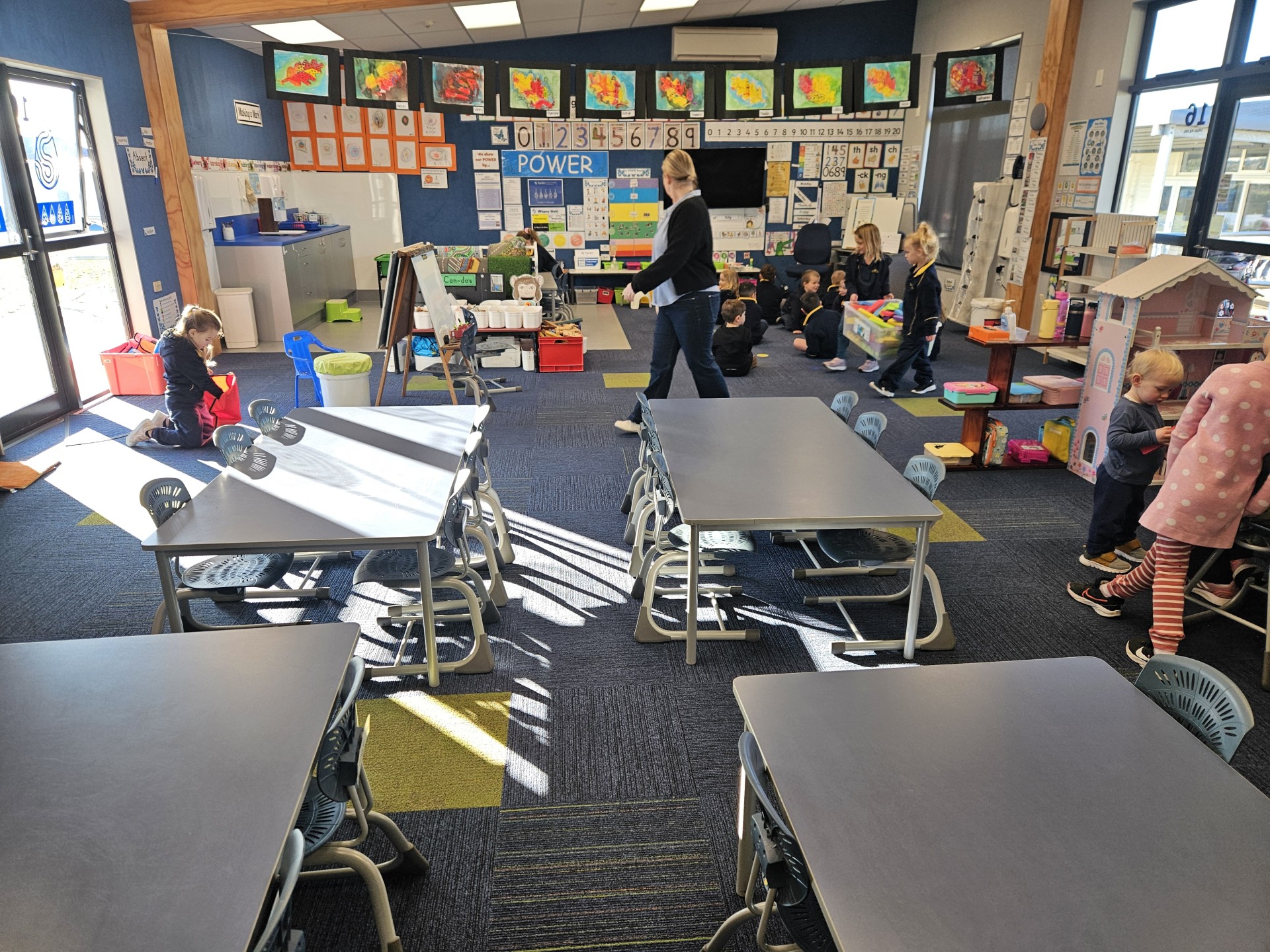
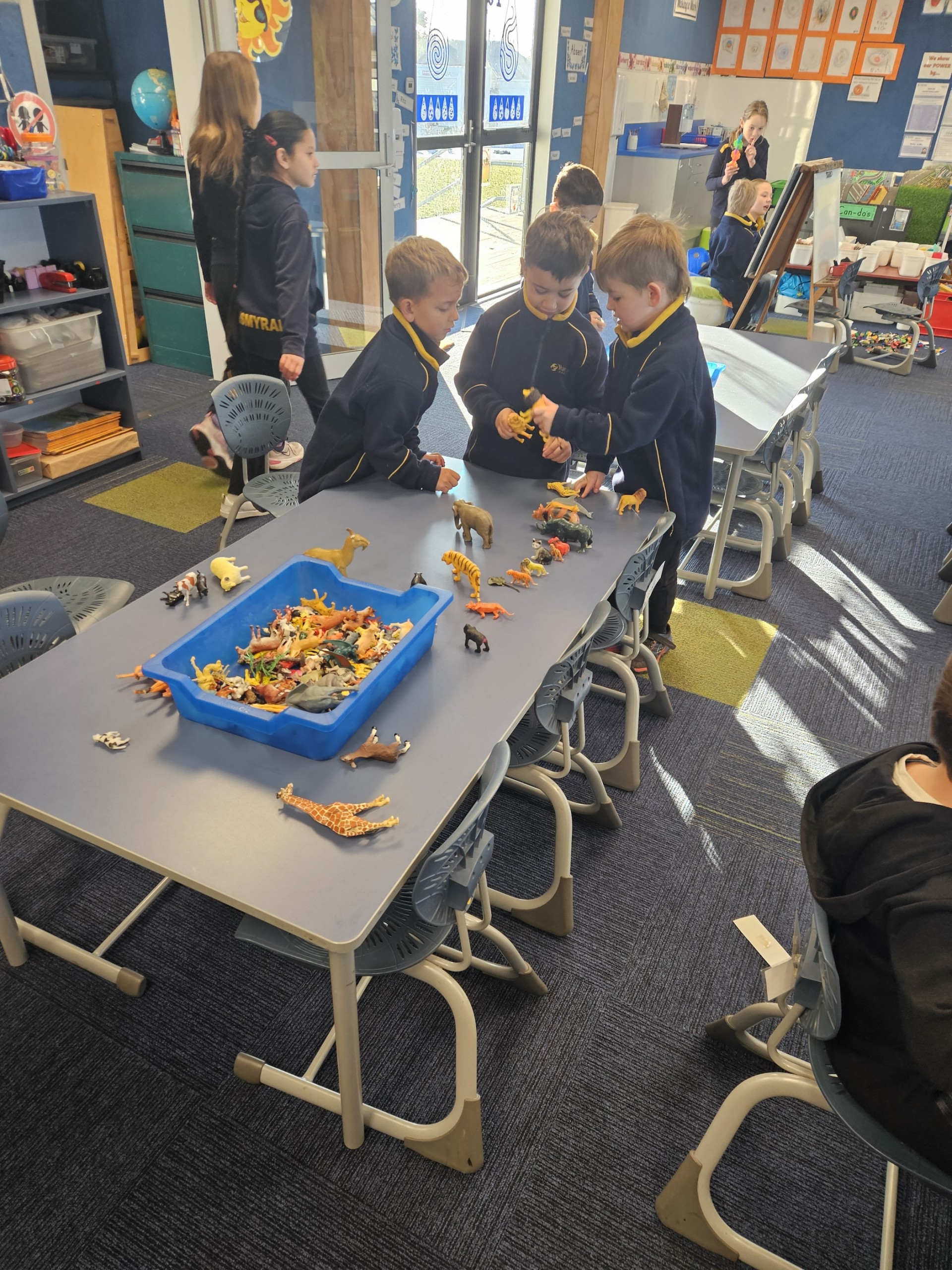
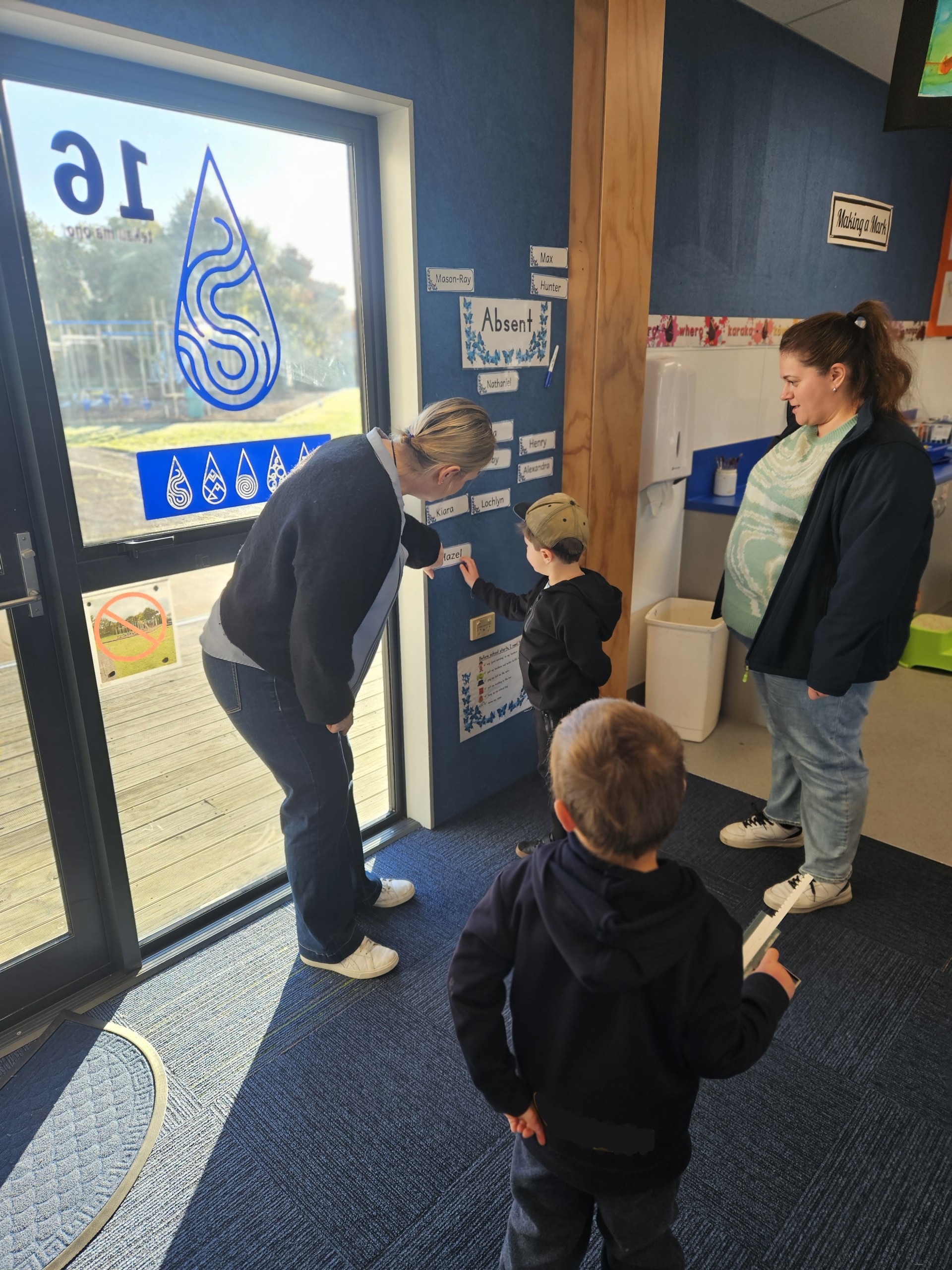
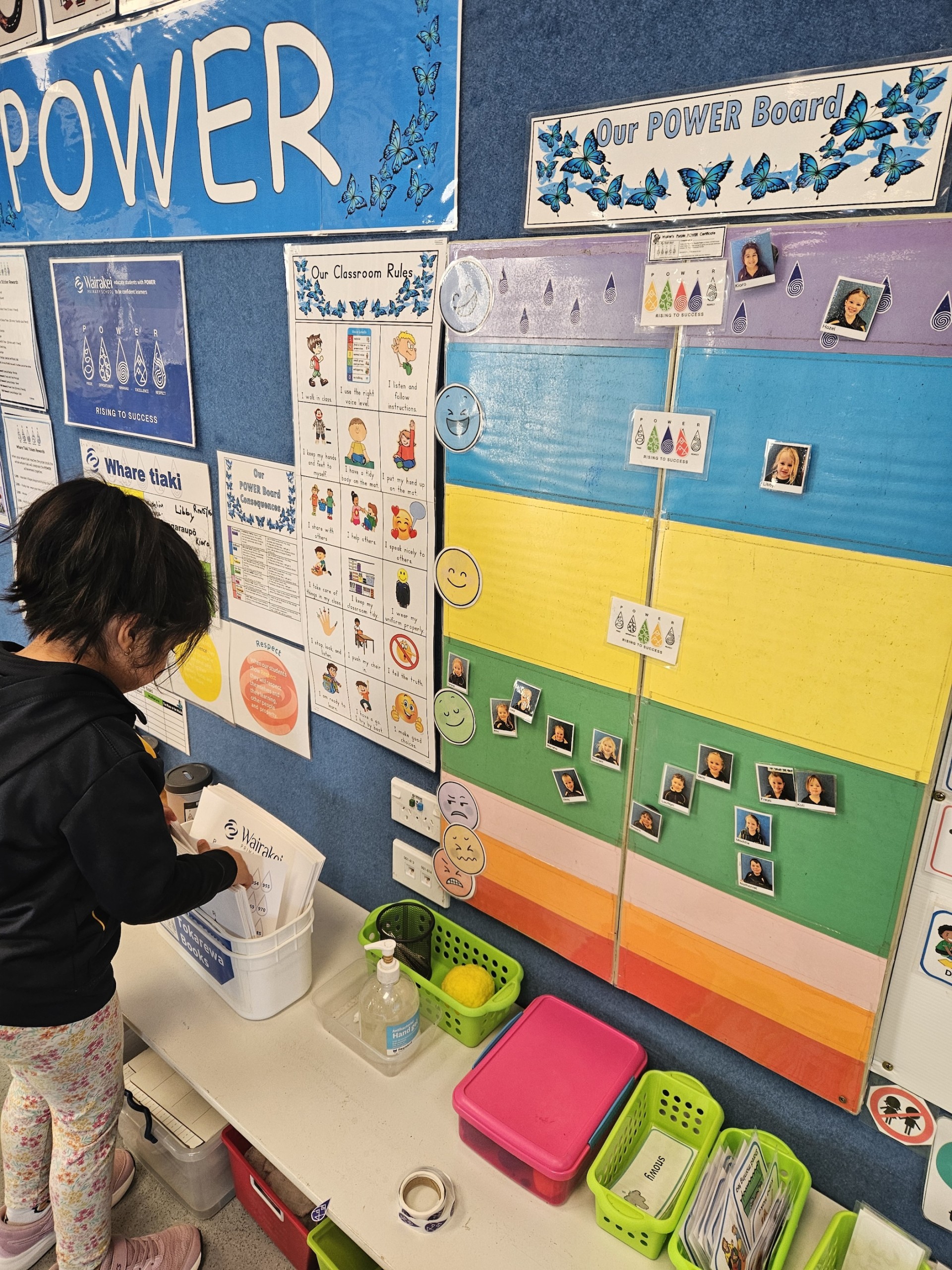
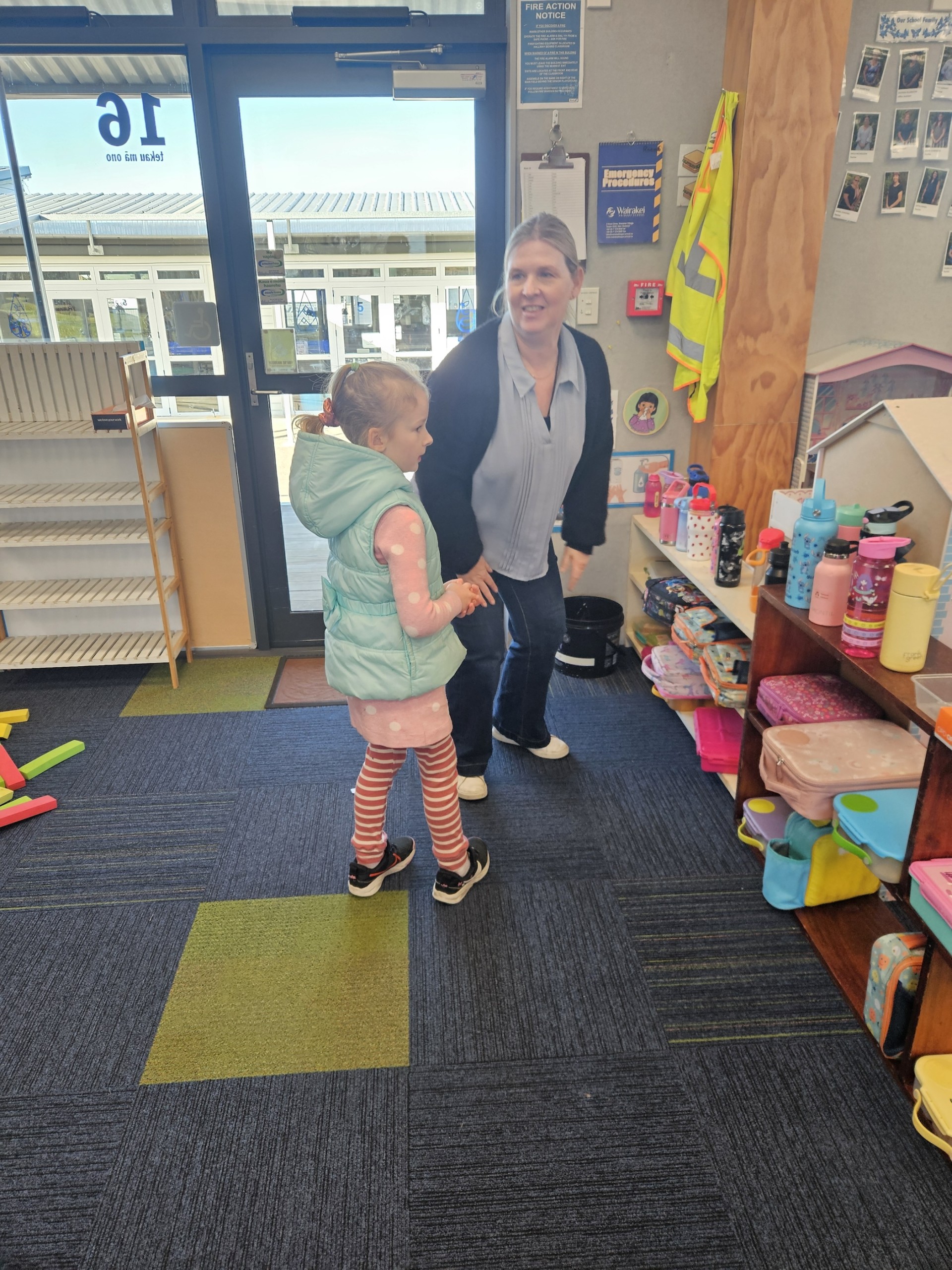
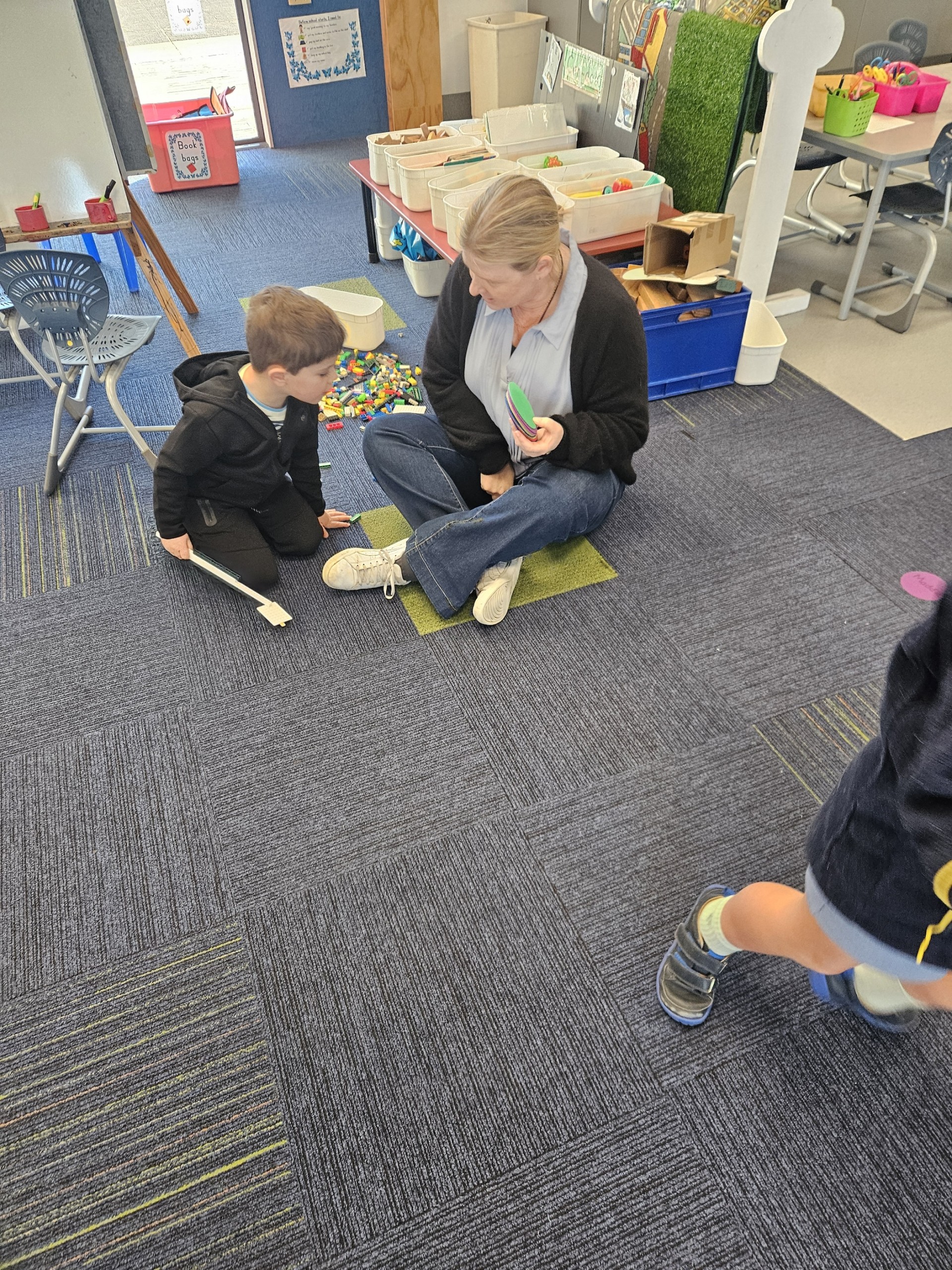
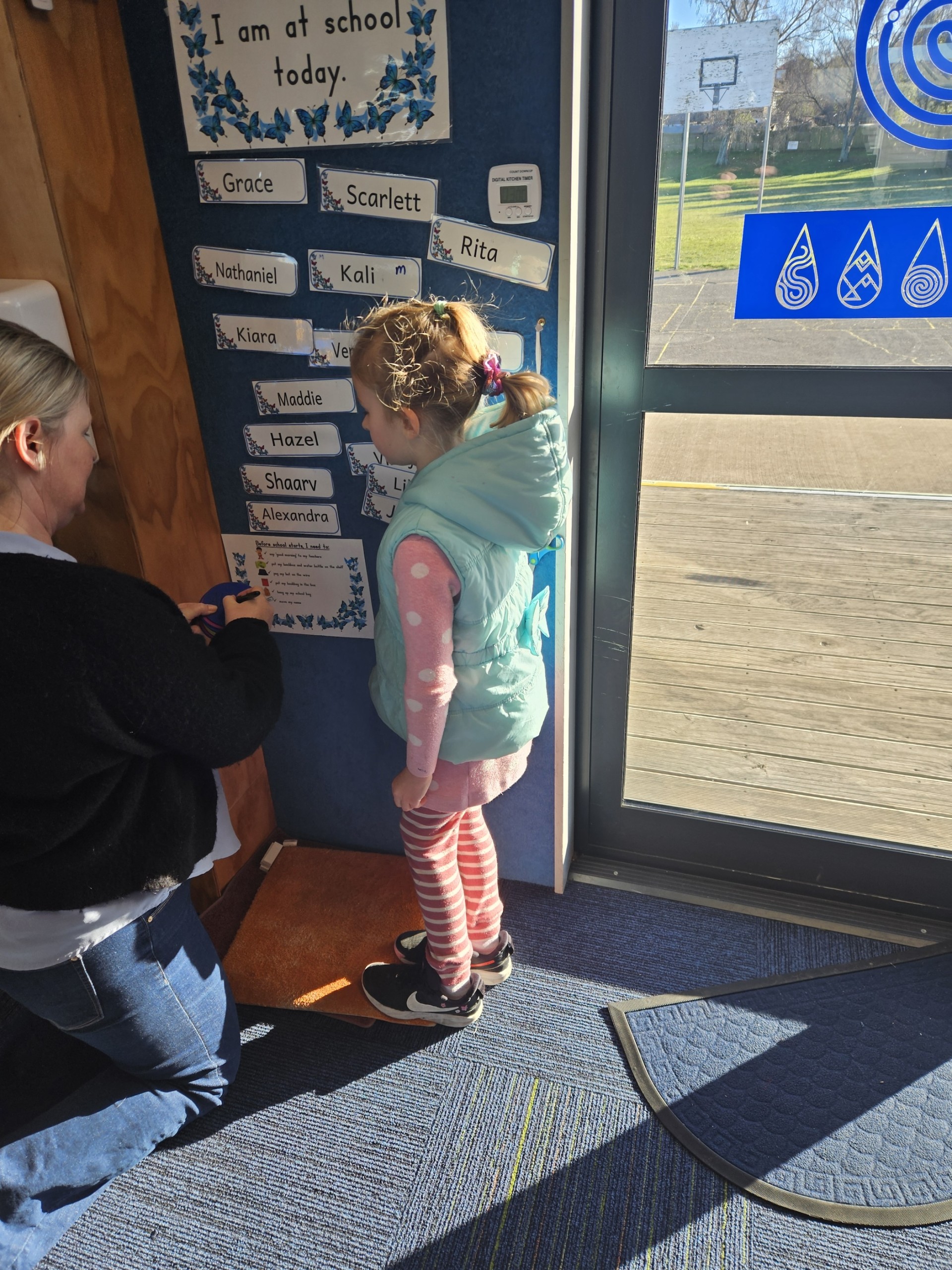
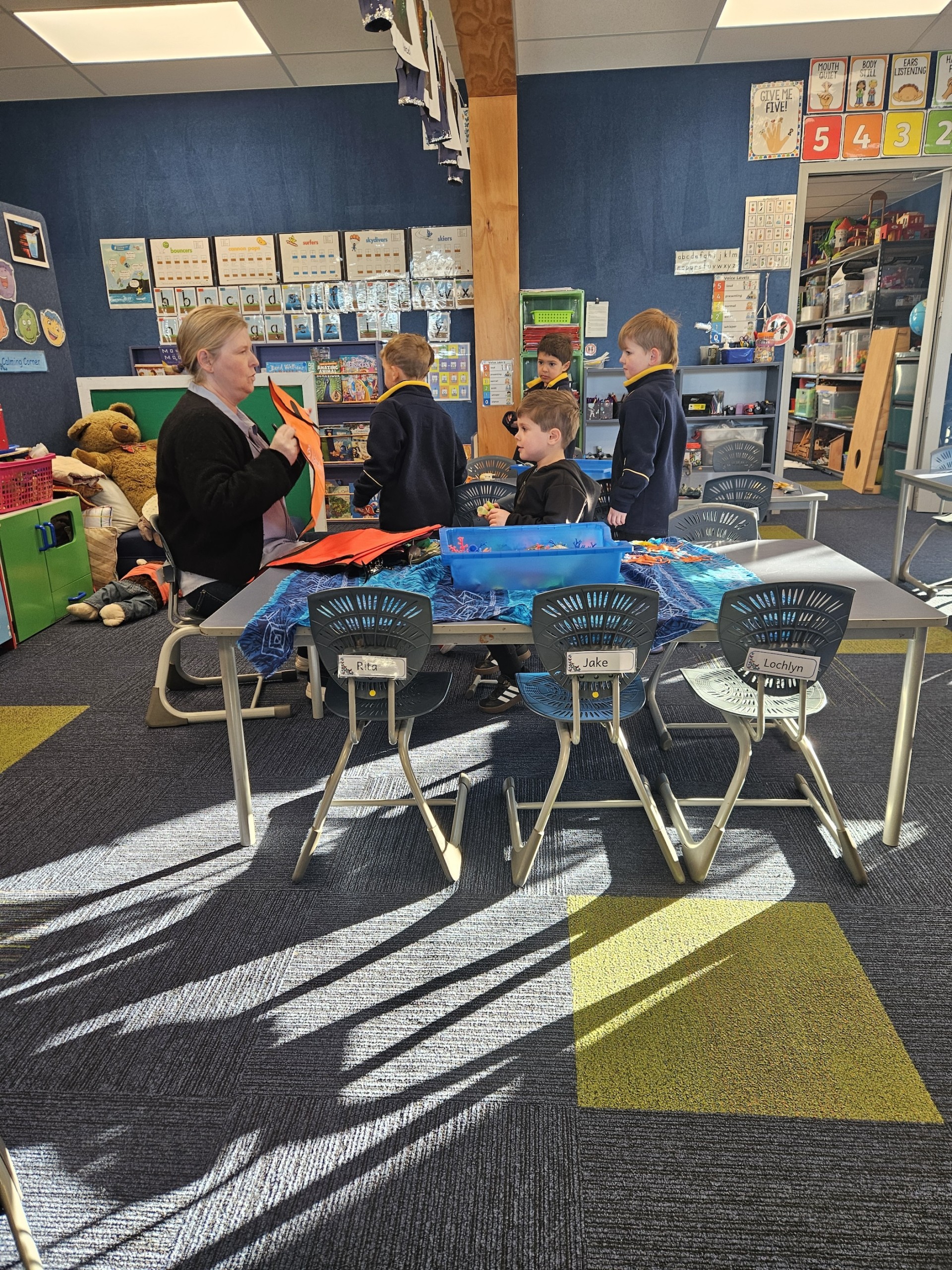
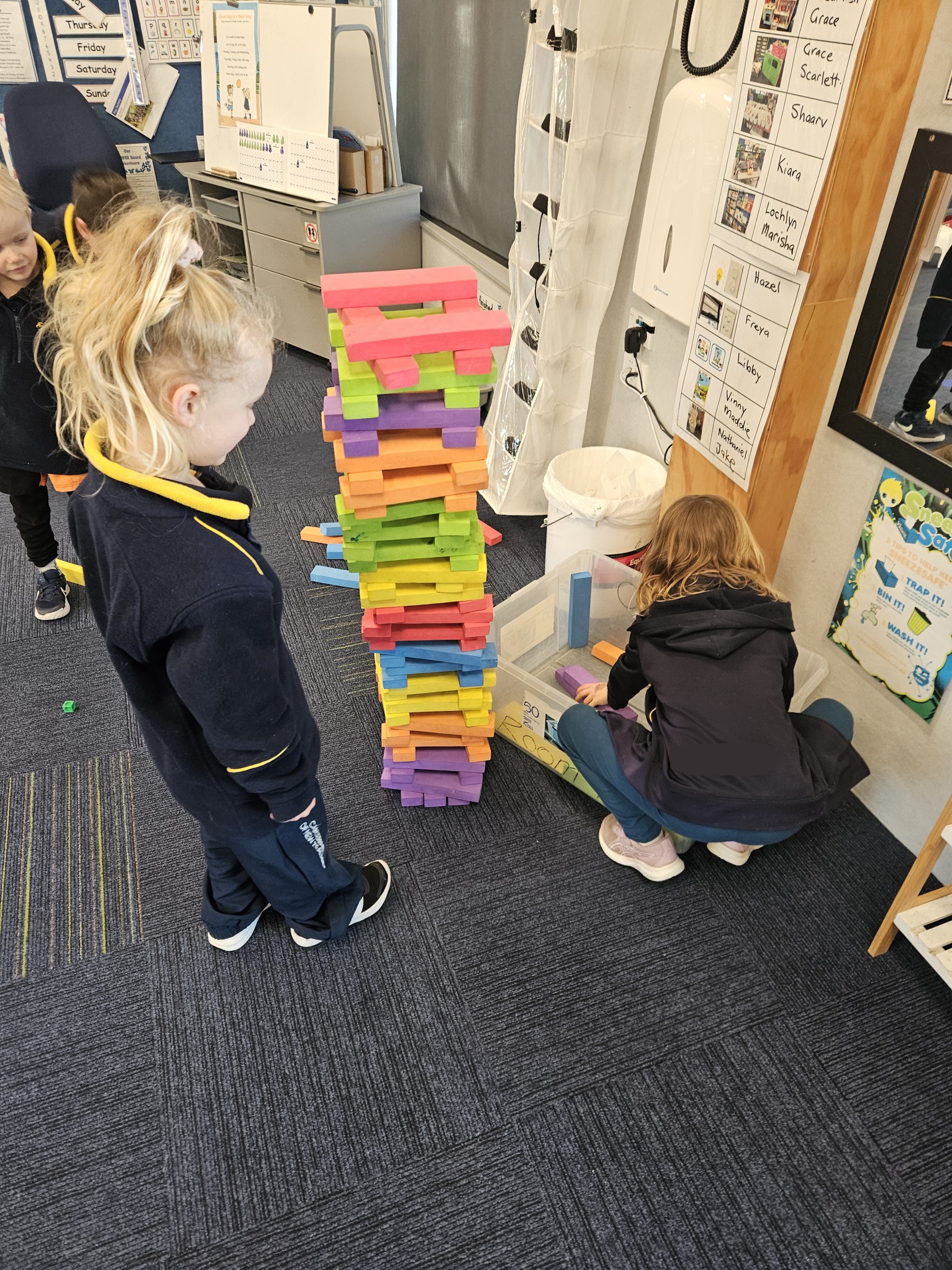
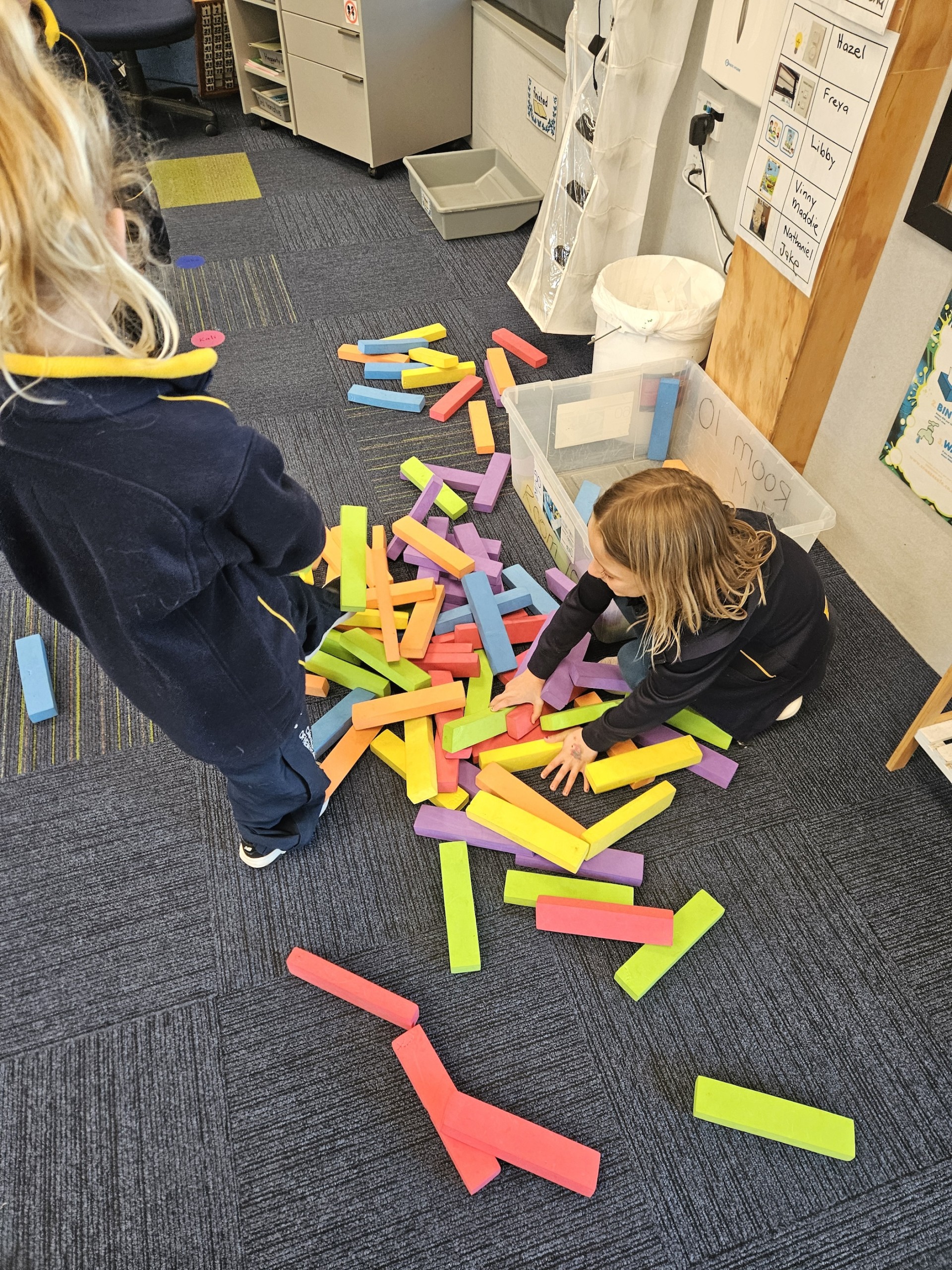
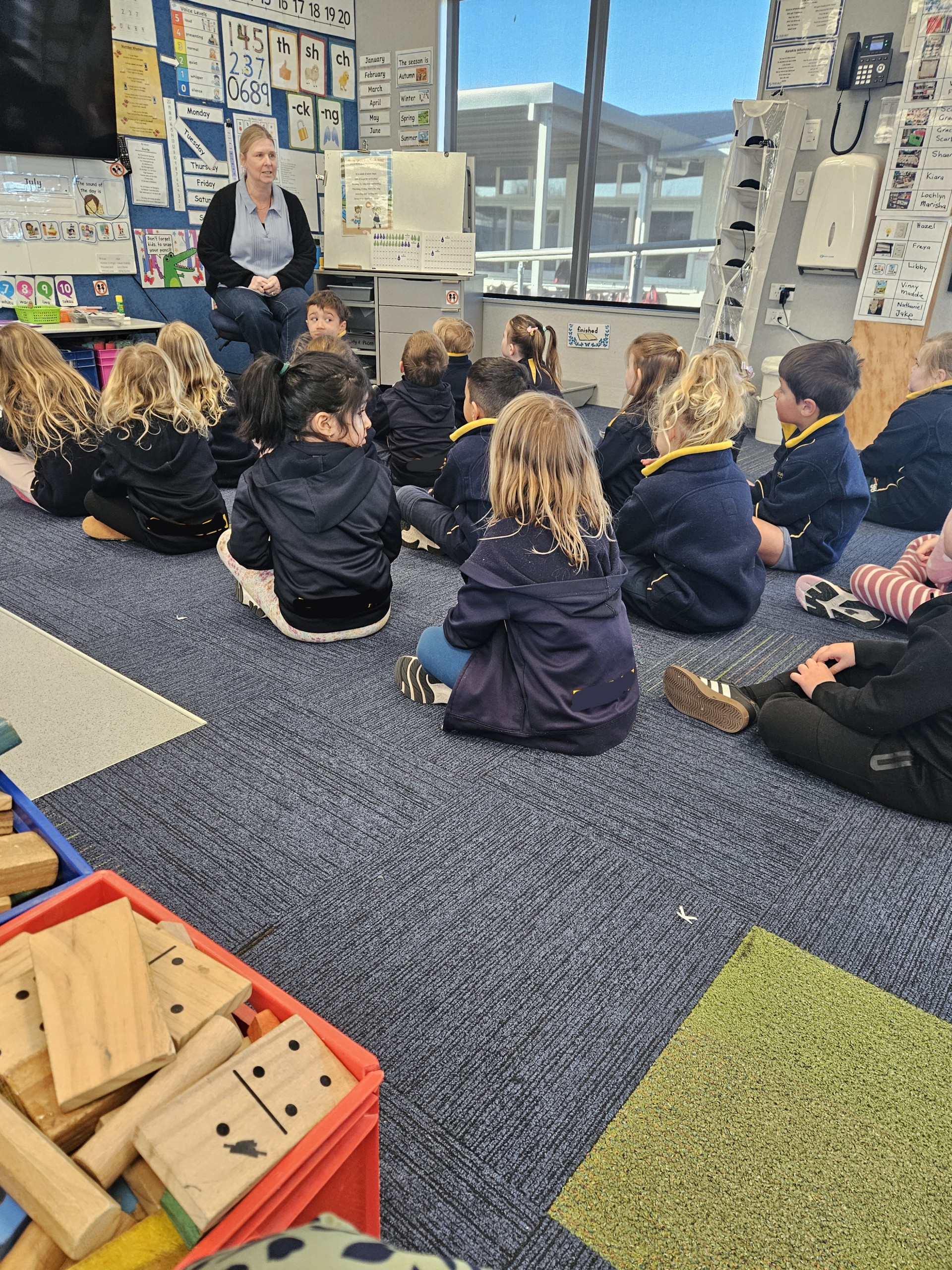
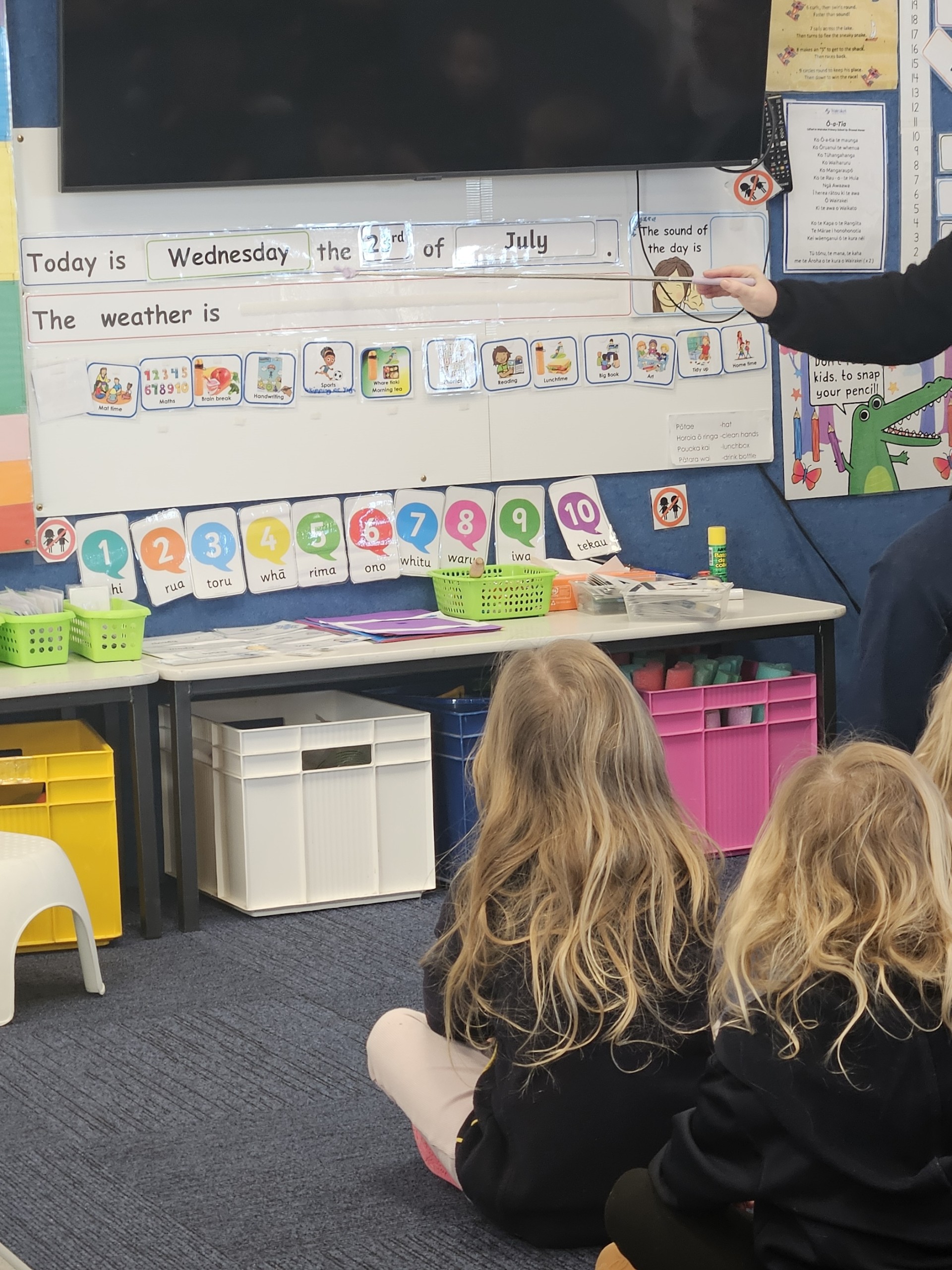
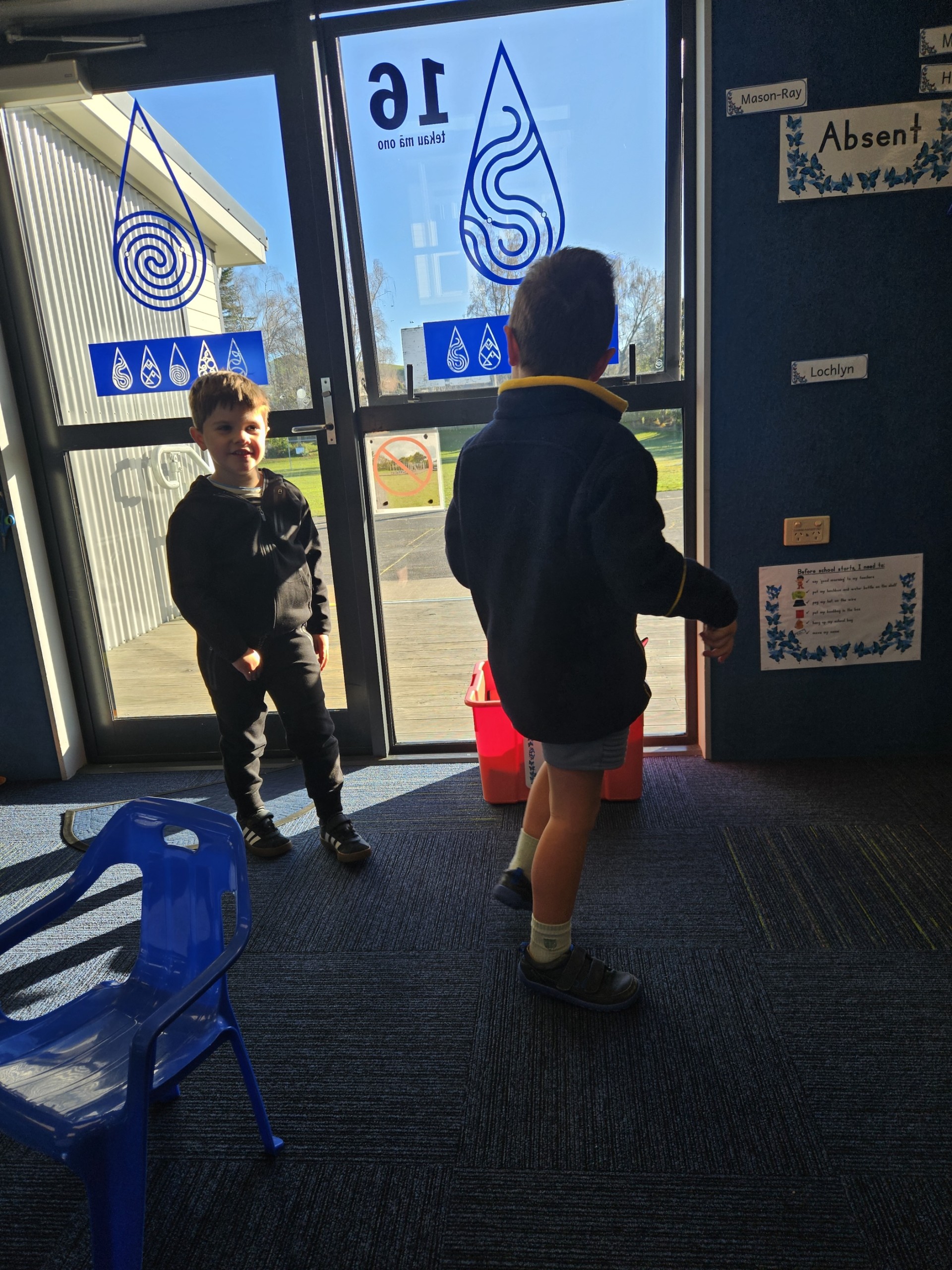
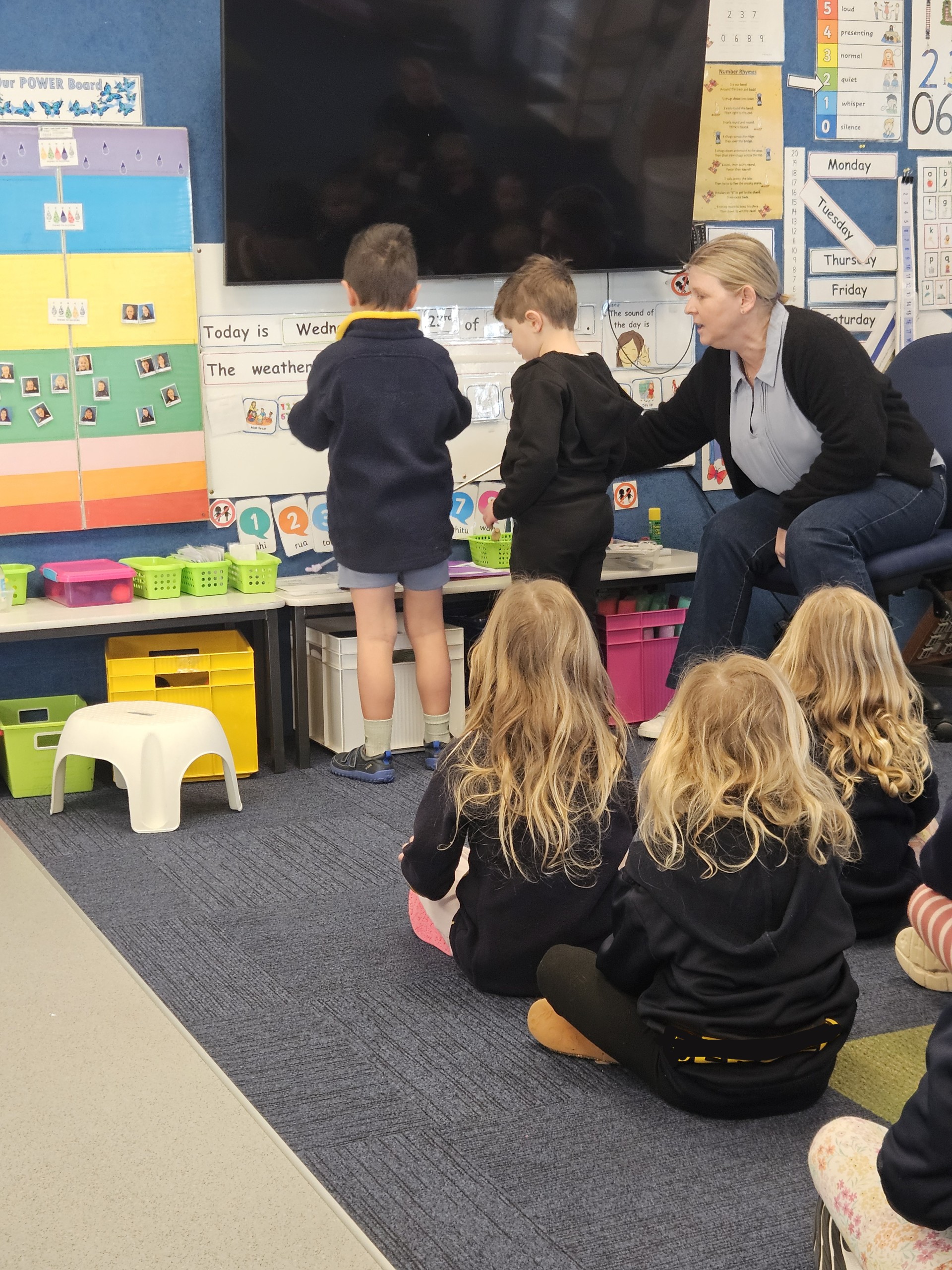

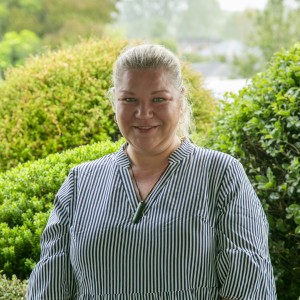

Comments
No one has commented on this post yet.